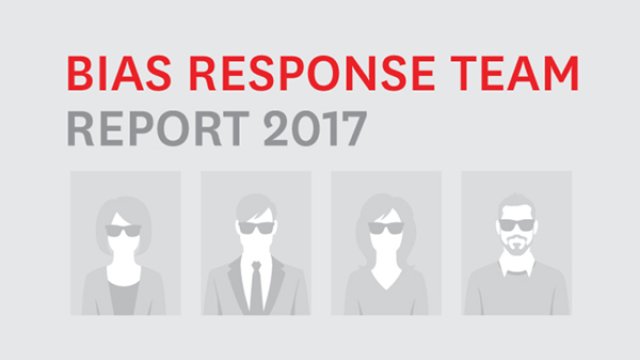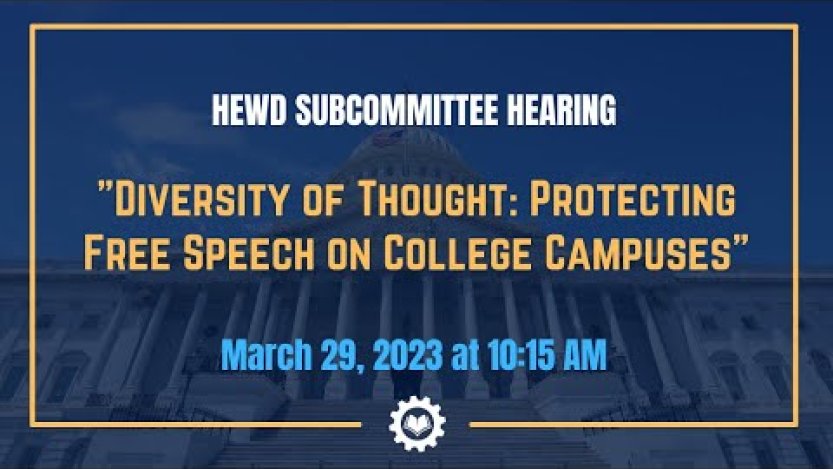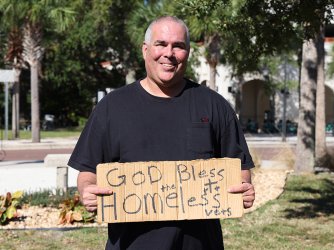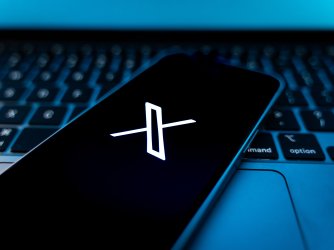Table of Contents
House hearing highlights free speech problems on campus, shows bipartisan support for free speech

Subcommittee on Higher Education and Workforce Development
U.S. House Subcommittee on Higher Education and Workforce Development hearing on “Diversity of Thought: Protecting Free Speech on College Campuses," held on March 29, 2023 in Washington, D.C.
On March 29, the U.S. House Subcommittee on Higher Education and Workforce Development held a hearing titled “Diversity of Thought: Protecting Free Speech on College Campuses.” The hearing featured four witnesses and touched on a broad range of topics related to campus free speech, including free speech violations in pursuit of diversity, equity, and inclusion ideology on campus, the recent shout-down of a federal judge at Stanford Law School, overbroad discriminatory harassment policies, and what legislative avenues Congress should consider to combat threats to free speech on campus.
The witnesses testifying were:
- Cherise Trump, executive director at Speech First.
- Josiah Joner, executive editor of The Stanford Review.
- Suzanne Nossel, chief executive officer at PEN America.
- Ilya Shapiro, director of constitutional studies at the Manhattan Institute.
One refreshing aspect of the hearing was that members on both sides of the aisle expressed how important free speech is at colleges and universities. In his opening statement, the subcommittee’s Republican chairman, Burgess Owens, stated that the “ability to speak freely to build one’s knowledge is a cornerstone of the American system and postsecondary education.” On the other side of the aisle, Democratic Rep. Mark Takano stated that “universities must be protected zones with buffers all around them so that they are true places of inquiry where freedom of thought and diversity of opinion can exist.”
Democratic Rep. Suzanne Bonamici hailed the bipartisan nature of free speech, stating
I agree with my colleagues on the other side of the aisle that it is important to protect free speech at public and private colleges around the country. Public colleges have a constitutional obligation as we’ve heard to uphold free speech on campus, and public and private colleges have a responsibility to provide each student with the higher education that’s intellectually stimulating, challenges their world view, and exposes them to perspectives different from their own.
FIRE applauds these members for speaking up for free speech.
Witnesses address broad harassment policies, bias reporting systems, and DEI requirements on campus
During testimony, witnesses spoke about how broad harassment policies and bias reporting systems chill and silence free speech on campus.
According to Cherise Trump, and confirmed by FIRE’s “Spotlight on Speech Codes” report, many institutions implement policies that adopt harassment definitions broader than those required by federal law. These institutional policies are enforced against wide swaths of protected speech.
FIRE has written extensively about this problem occurring at institutions across the country. And last year, we submitted a formal comment to the Department of Education about why the department must keep its current definition of peer-on-peer harassment in its forthcoming Title IX regulations.
Trump — no relation to the former president — went on to explain, “Bias reporting systems are anonymous reporting systems that solicit reports from students on one another for incidents of bias.” An institution can define “bias” any way it wants, as Trump pointed out, including defining bias incidents as “statements that are unfair or prejudicial; jokes, stereotyping, microaggressions, not using gender-inclusive language. In some cases, even offending someone’s political affiliation is a reportable offense.”

First National Survey of ‘Bias Response Teams’ Reveals Growing Threat to Campus Free Speech
Press Release
FIRE has long recognized the problem with bias reporting systems used to solicit reports of — or used to investigate — protected speech. In 2017, we published a report that found 232 bias reporting systems publicized on American university or college campuses. (We recently testified against a bill in Washington state that would have created a bias reporting system for the whole state, not just on campuses. Thankfully, after our opposition, it failed.)
Trump concluded by discussing the presence of DEI policies on campus. Rather than being used to ensure safety for students, Trump said college and university administrators are using DEI requirements to control them. Whatever the intentions, FIRE has criticized the ever-increasing bureaucratization of our nation’s colleges for years because it too often comes at the expense of academic freedom and freedom of expression.
In February, we announced the release of our new model legislation to eliminate the use of political litmus tests, including compelling adherence to DEI principles (or any other political ideology or movement) in college admissions, hiring, and promotion.
Shout-downs and illiberal responses to free speech
Also speaking at the subcommittee hearing was Josiah Joner, a college student at Stanford University and an editor at The Stanford Review, a conservative independent campus newspaper. Joner discussed the recent disruption of a student-organized lecture by U.S. Fifth Circuit Court of Appeals Judge Kyle Duncan, an incident FIRE has closely monitored. Joner stated that the “incident at Stanford Law School is a very concerning example of students destroying a speaker’s right to share their beliefs on campus. However, most concerning from this incident was the active role of a university administrator in violating Judge Duncan’s free speech.”
Ilya Shapiro, a constitutional scholar and First Amendment advocate, spoke about his personal experience with being canceled as speaker and professor on campus. He stated:
Just over a year ago, I had my most direct and acute exposure to a higher-ed culture that’s hostile to civil discourse. Indeed, “shut up” was the response . . . that I got from students at UC Hastings when I tried to speak there just over a year ago . . . They prevented the event from taking place, chanting and banging as if it was Occupy Wall Street. Applying a bad-faith lens to a poorly phrased tweet, activists had judged me a racist misogynist and my expertise illegitimate. I was suspended from my new position at Georgetown pending an investigation into whether I violated university policies on harassment and discrimination.
FIRE issued a statement in early 2022 condemning Georgetown Law’s treatment of Shapiro, and we covered the unfortunate progression of events from beginning to end.
Shapiro testified, “The trend of canceling speakers instead of challenging them represents the loss of grace in our culture more broadly, the desire to ascribe malign motives to one’s political enemies, to think of them as evil, not merely wrong.”

Unfortunately, FIRE’s research has documented an alarming percentage of students who think shouting down or using violence to prevent a speaker from speaking is acceptable, which Republican Rep. Bob Good cited during the hearing. Good referenced our “2022-2023 College Free Speech Rankings” report, which found: “More than three-in-five students (62%) said that students shouting down a speaker to prevent them from speaking on campus was acceptable to some degree … and one-in-five (20%) said this about using violence to stop a campus speech.”
Looking ahead
Highlighting why it is crucial for Congress to take seriously the problems arising on campus, Suzanne Nossel testified, “If we don’t get free speech and open discourse right on campus, we won’t get it right in the media, the courts, or out on the streets.”
She highlighted the role that diversity, equity, and inclusion can play on campuses, but stated that “the essential drive to render American campuses more diverse, equitable, and inclusive need not — and must not — come at the expense of robust, uncompromising protections for free speech and academic freedom.” Nossel also discussed state legislation that is “curtailing what can be taught and studied in college and university classrooms,” including Florida’s “Stop WOKE Act,” which was signed into law last year, and Florida’s HB 999, which is currently pending in the legislature.

Thought the ‘Stop WOKE Act’ was bad? A new Florida bill is worse
News
Florida House Bill 999 is a dangerous expansion of the unconstitutional ‘Stop WOKE Act,’ putting entire majors disfavored by legislators on the chopping block.
FIRE is currently fighting the Stop WOKE Act in federal court and we have been closely monitoring HB 999, which would double down on the Stop WOKE Act. Joe Cohn, FIRE’s legislative and policy director, testified against the bill in March when it was considered by the Florida House Education Committee.
During the questions portion of the hearing, several representatives inquired about how Congress can combat threats to free speech on campus. Witnesses suggested that Congress use federal funding to incentivize institutions to protect free speech on campus, or conduct oversight of the Department of Education, which has considerable influence over campus policies, including through Title IX enforcement. When asked by Republican Rep. Virginia Foxx, chair of the House Education and the Workforce Committee, what actions Congress could take, Trump suggested that it codify the Supreme Court’s standard in Davis v. Monroe County Board of Education, which governs how campus administrators should define discriminatory peer-on-peer harassment.
FIRE agrees — and has a few additional ideas.
We would like to thank subcommittee Chairman Owens, committee Chairwoman Foxx, and the entire subcommittee for holding this important hearing. Free speech makes free people.
Recent Articles
FIRE’s award-winning Newsdesk covers the free speech news you need to stay informed.


FIRE Statement: X Corp's lawsuit and Texas's investigation into Media Matters for America are deeply misguided

Anonymous speech is as American as apple pie


